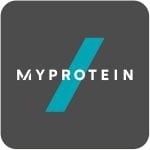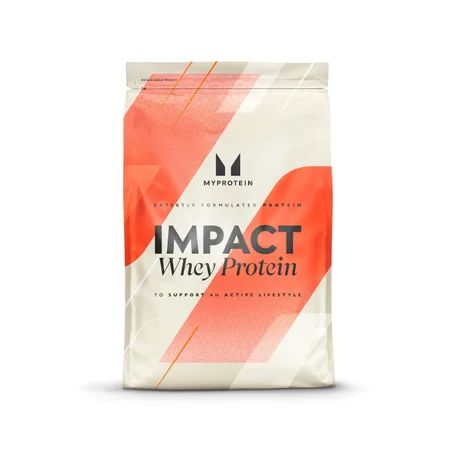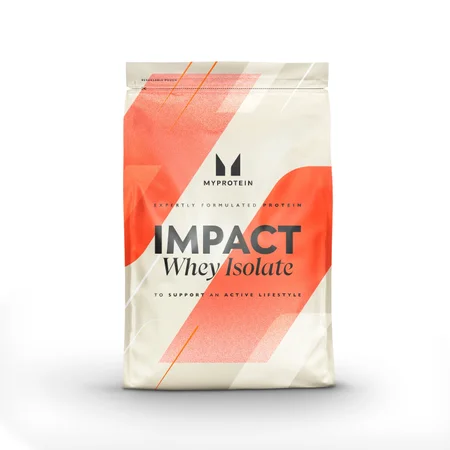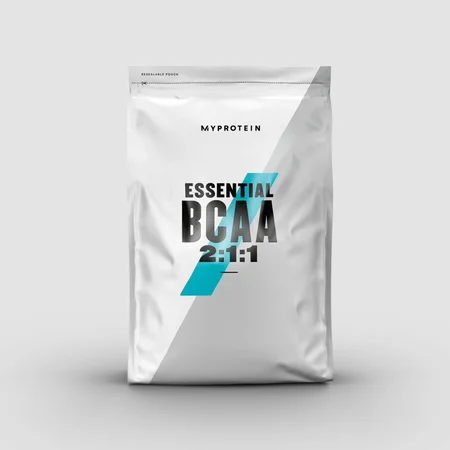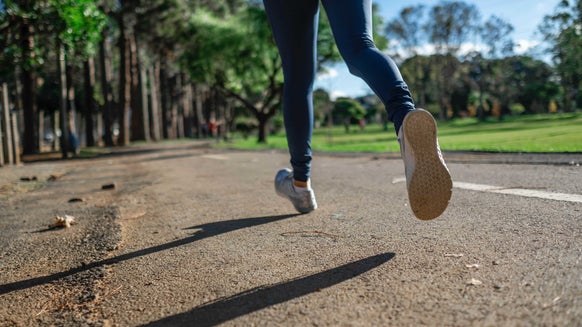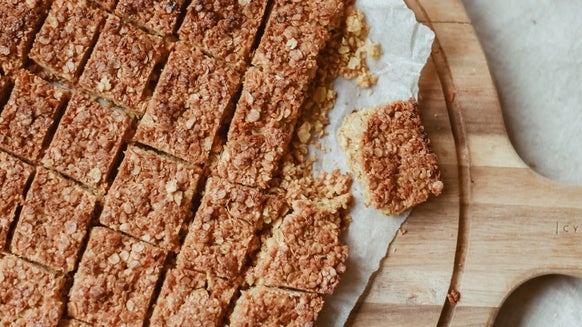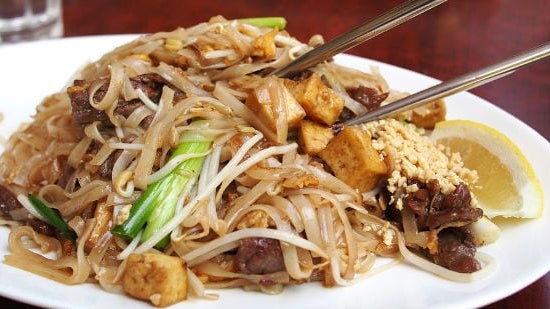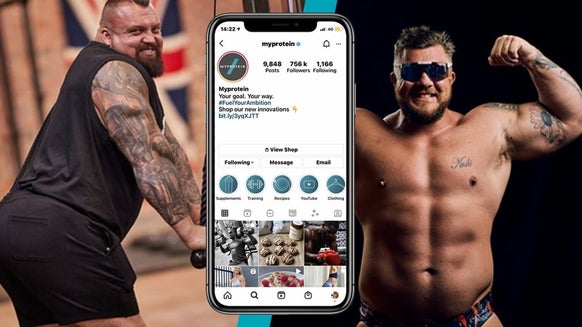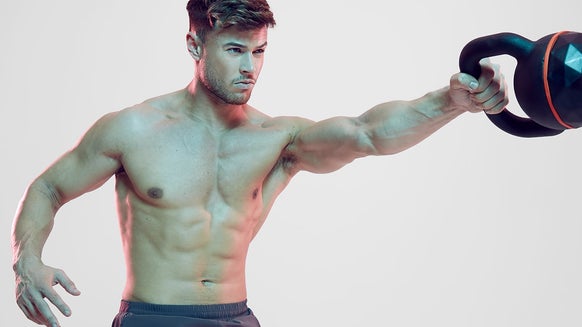Protein Powder and Shakes For Teen Athletes | A Parents’ Guide

Any caring parent wants to know what their child is doing. In a day where children have access to so many things it’s hard to know who and what to trust. It can be a crazy world to navigate. Whenever a young man or woman begins to exercise, undoubtedly supplements will be something they are confronted with or look into. One of the most popular supplements is protein powder.
When I started working out I was 13 years old and the first thing I thought I needed was protein powder. At that time I had no idea of what it was, but I saw others taking it when they worked out, so I wanted some. I remember my dad had a lot of questions about it, before and after he bought some for me.
This article aims to ease the mind of parents that are concerned about their child taking protein supplements as well as educate both the parents and the child on protein powder and what it does and doesn’t do. Specifically, this article will inform you on what protein powder actually is, what protein powder actually does, and whether protein powder is safe or not. It is good to note that this article will be talking particularly about whey protein, which is a component of milk protein.
What is Protein Powder?
Protein powder, in general, is actually just what it sounds like. It is protein derived from a protein source and processed in a way that allows it to be in powder form for convenience and longer shelf life. Whey protein makes of 20-30% of milk protein. The other percentage is casein protein. Basically, whey protein is separated from casein after a coagulant is introduced, which causes the casein the “curdle” like cheese and the liquid whey to rise to the top. Through different processes chosen by different brands, that liquid is processed into powder form to create whey protein powder.

Hopefully that explanation helps you to see that whey protein powder is basically just another food source. Because whey protein is readily found in milk, it is something that most people are consuming anyway but protein powder helps to concentrate the whey and make consuming it more convenient.
The quality of a protein is often measured by its Leucine content. Leucine is an essential branched chain amino acid (BCAA) that plays a major role in muscle protein synthesis. Without going too much into the research and mechanisms on Leucine, just note that the higher the Leucine content, the better and higher quality the protein source is. Interestingly enough, whey protein has one of the highest Leucine contents at 12%. This helps to see that not only is whey protein convenient but it is a very high quality protein source.
Now that we know what protein powder is, let’s take a look at what it can do.
What Does Protein Powder Do?
I’ll never forget the time when I was working out with an old high-school friend. We had a great workout and he was impressed with how much size I had put on since he last saw me. After the workout when we were heading out, I took out my shaker cup with protein powder in it and he said “Ohhh, now I see why you’re so big! You drink that protein powder!”
There are a lot of people out there that think that protein powder does way more than it actually does. As a parent, it’s important that you are properly informed so that your decision really reflects what is best for your child. Let’s start by setting the record straight on what protein powder does not do.

Protein powder is not a performance enhancer. It does not acutely improve strength, speed, power, stamina, or any other marker of performance. It is nothing at all like steroids. In fact, an individual who is working out can take it and possibly see no results from it. Protein powder won’t automatically cause muscle gain or fat loss. These are things protein powder simply doesn’t do, but that doesn’t mean it is not useful.
Protein powder, as we’ve discussed, is simply a convenient source of protein. It does the same thing that a lean piece of chicken breast would do. It provides an individual with the macronutrient protein, which aids in muscle building and other important cell functions. Ultimately, protein powder helps an individual to hit their daily protein goal. If a person is already eating the amount of protein they should for their goals, they don’t need protein powder. But for most people who aren’t, protein powder is a good option as it is very affordable and convenient.
So we see that protein powder is not some magical muscle building substance, but rather just another source of protein. But, is it safe?
Is Protein Powder Safe?
The last thing that parents need to know is whether or not protein powder is safe. This is probably the most important thing to consider, since nothing else matters if it isn’t safe.
Protein powder has not been out for a super long time but currently, there are no studies that show that there is any danger at all associated with protein supplements. So, yes, protein powder is safe. But, you may have other concerns.
A lot of people will claim that high-protein diets are dangerous and not good for the kidneys. I know this is one I definitely heard and something my father was concerned about as well. Well, studies have shown that in a normal, healthy individual, high-protein diets are just fine. The only time it has been shown to cause complications is when a person had a damaged kidney to begin with. So, as long as the kidneys are working fine, eating more protein will pose no threat.
So we see that not only is protein powder safe but the high-protein diet that is usually associated with it is safe as well.
Take-Home Message
We now know what protein powder is, what it does, and that it is safe. You are now equipped to make a good, informed decision on the subject. Protein powder is great! It’s affordable, convenient, and tastes pretty good but it’s still not something that everyone needs to have. Whether you choose to allow your child (or yourself) to have it or not, there really is no wrong choice. Great progress can be made with it or without it.
So, to the young men and women reading this article, go show your parents all you’ve learned about protein powder. Reassure them that it’s safe and they can trust it. They will be impressed that you took the time to research the matter.
To the parents, make your decision and explain to your child the reasons for your choice. They will appreciate that you are looking out for their best interest. If you chose not to allow protein powder, reassure them that they can still make great progress and help them get some extra protein from whole food sources.
When it comes to any supplement, make sure to not just listen to what others have to say about it; do your research. This will help you make the best choice, regardless of what the supplement is.
Justis Cousins – NSCA CPT
Instagram: @JustisCousins
Snapchat: justiscousins
